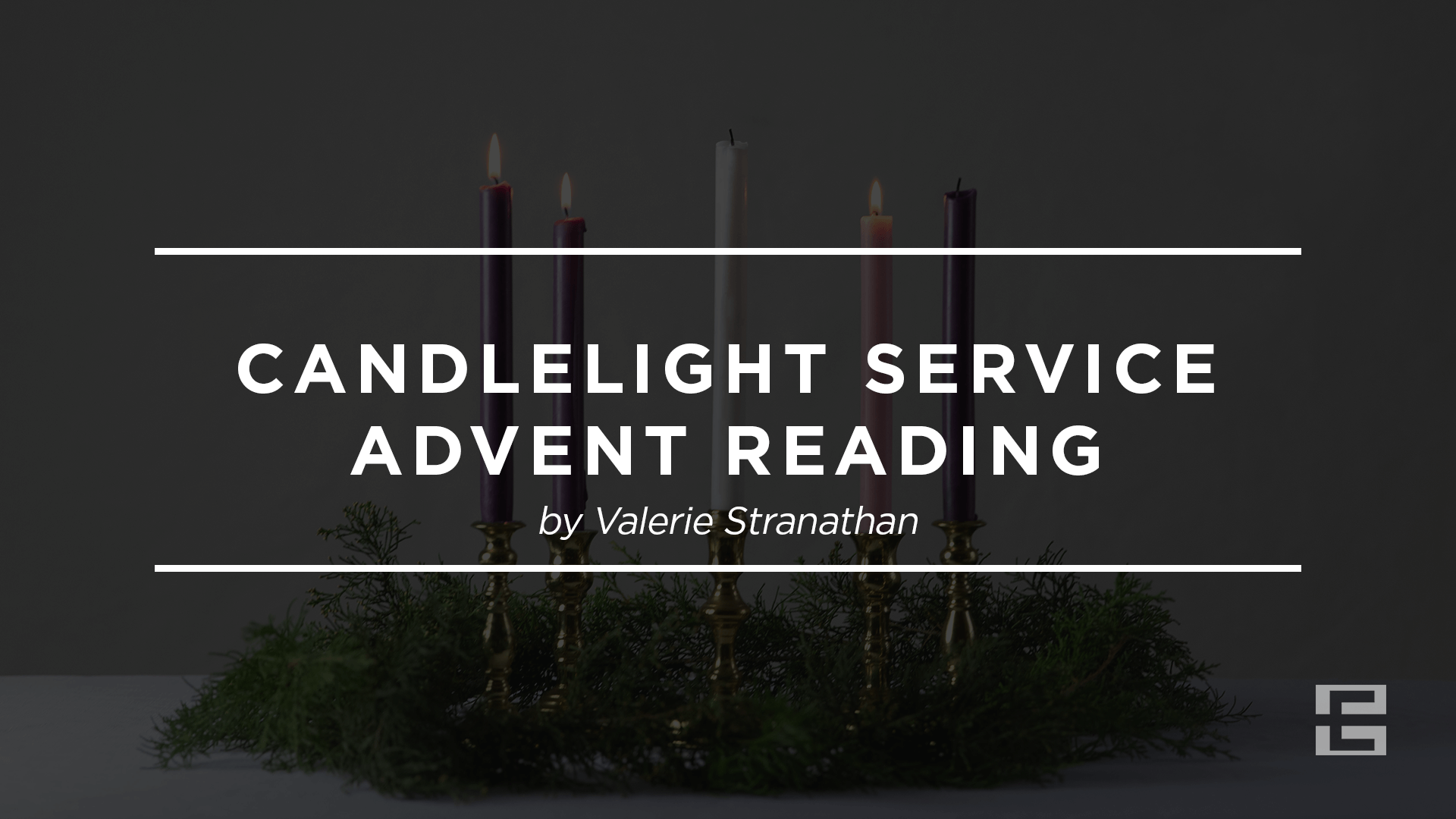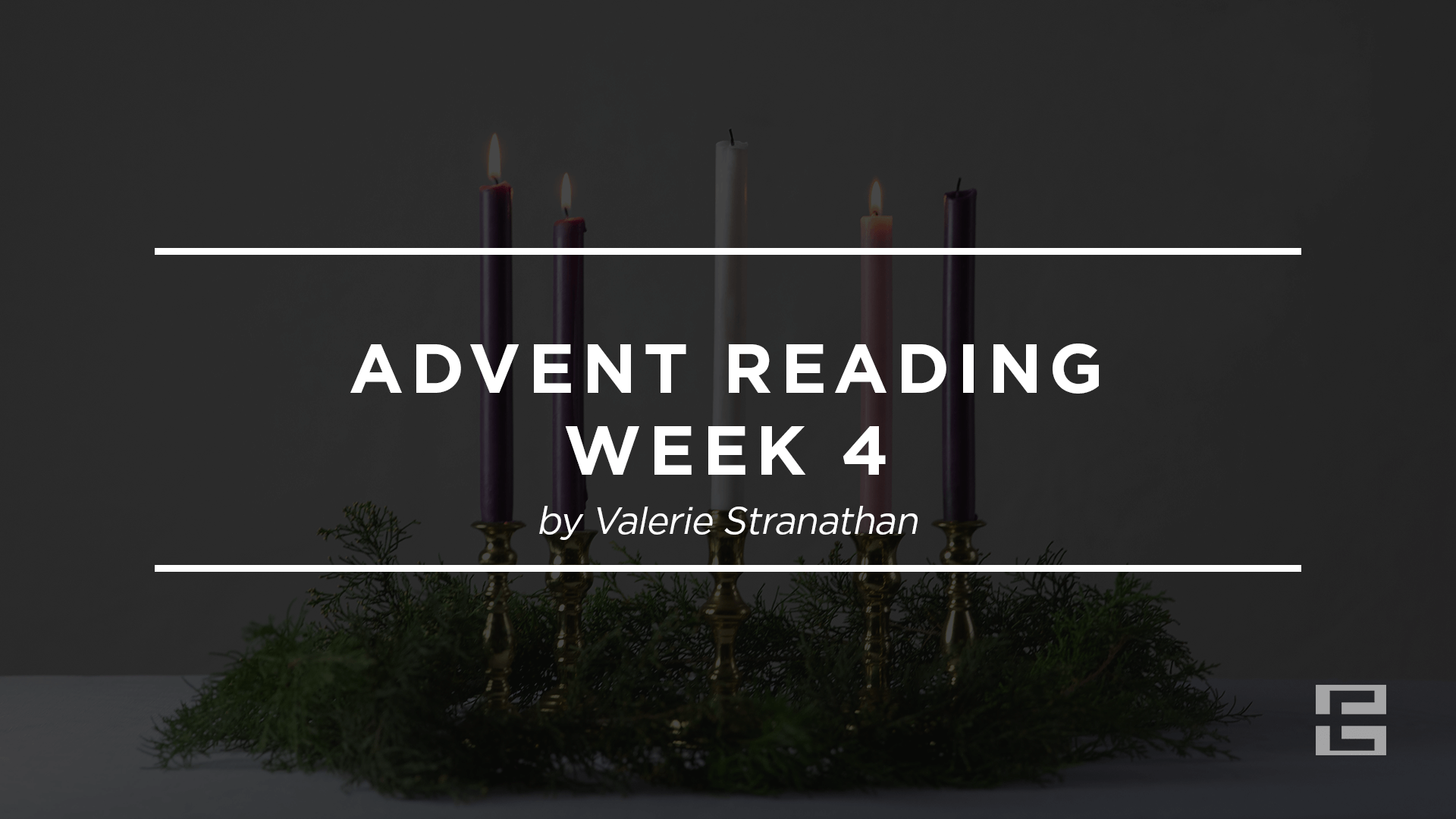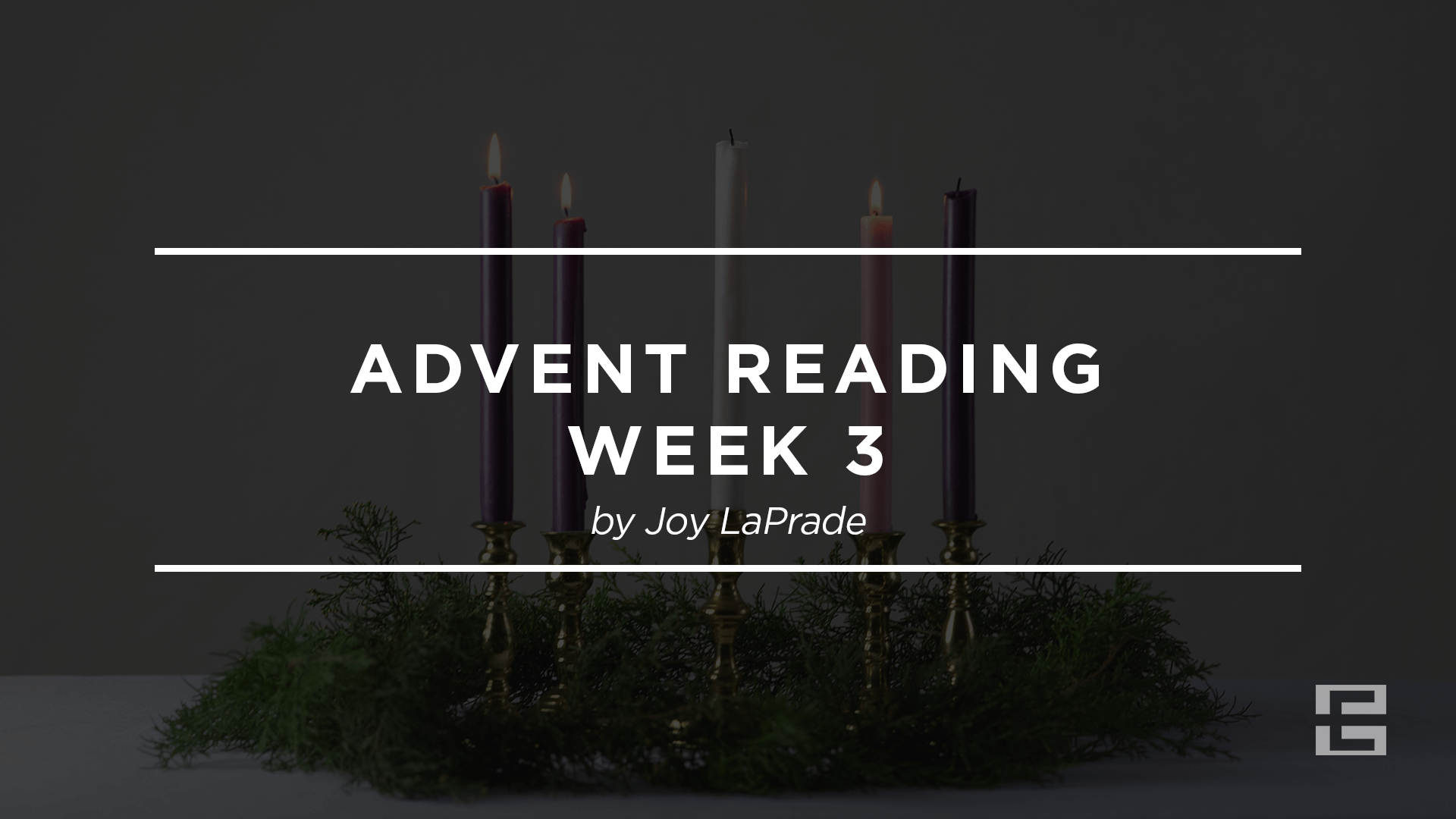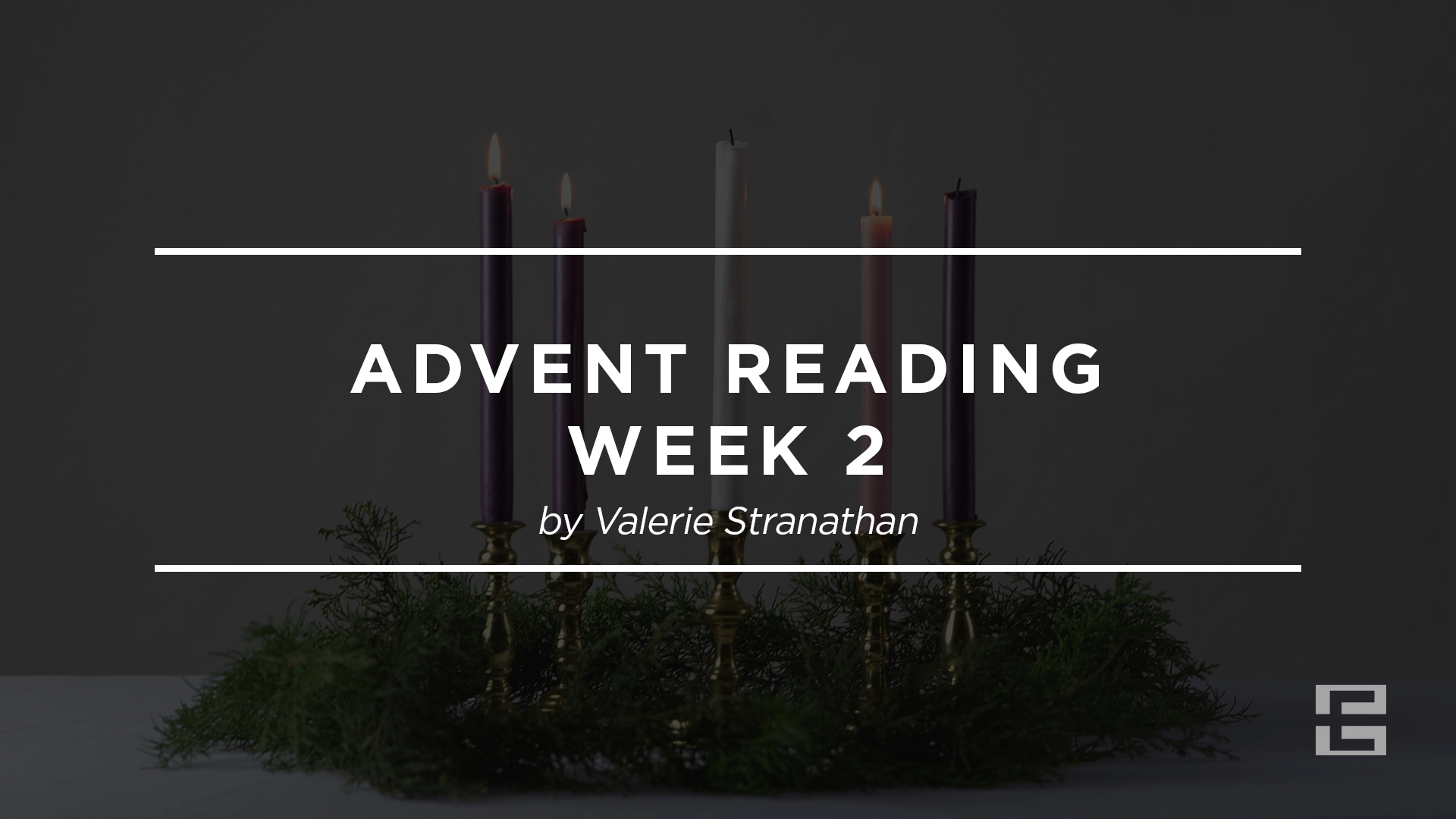I must confess, as a worshiper of God, I am quite excited about this sermon series! As a worship leader in particular, I should probably feel the obligation to like the Psalms. And as a songwriter myself, I should feel the duty to take my cues from the form and content of the infallible poetic words given to us in this book of the Bible. But I must also confess that the reason I cling to the Psalms is not because I should, but because I have had to come to grips with my weakness.
I came to a point when, facing time in prayer and study, I realized I didn’t know what or even how to pray. In both joy and sorrow, I felt overwhelmed. I did not know what to ask or how to praise the Father. Desperate, I turned to the Psalms for the words I could not find on my own and I began praying through one psalm each morning. I went through the book once, and it seemed I had only scratched the surface. So I started over and prayed through them again. And again.
Over the past two years, I’ve cycled through the Psalms about four times. Each morning, I ask God by His spirit to help me in my weakness, for I do not know how to pray as I ought. Then I read the next Psalm. It’s not always easy. The psalm that I happen to be reading on any given morning may not seem very relevant to me. How do I pray against my enemies when I don’t have people setting up ambushes for me? How do I rejoice in the beauty and glory of the mountain of God when I have never personally laid eyes on Jerusalem? How do I pray about victory in battle, and speak of chariots and swords and spears and arrows? How do I pray about splendor and glory and majesty, and kingdoms and farms and fruit and other such things with which I have little to no experience? Well, in this journey, I have had a few helps (commentaries and a class on Old Testament Poetry help!), but actually going through them and asking God to help me pray in my weakness has turned what seemed like foreign words into deeply personal conversation.
There are four ways I read the Psalms:
From a Historical Perspective
I keep in mind that the Psalms were written by real people experiencing life in a broken world in light of the covenantal love of their God. Having some familiarity with the history of Israel as recorded particularly in 1 Samuel through Nehemiah offers this historical context. Sometimes there are notes at the beginning of a Psalm that refer you to a specific event. Truly, all of Israel’s history serves as context for understanding the Psalms, so the more familiar the history, the more clear it is as to why the Psalms mention such foreign things, like chariots and fire and destruction and splendor and holy attire.
From the Author’s Perspective
David wrote many of the Psalms, but there were other authors too, such as Solomon and Moses. Some psalms were written before Jerusalem was destroyed by Babylon, and some written during Israel’s exile there. I try to imagine, based on historical accounts, what that particular author might have been experiencing. Was it betrayal? Fear? Triumph? Hope? Despair? Persecution? Beauty? What would have moved an author to use those particular words? Now, we all know fear and hope and loss and betrayal. I may not understand what it’s like to face the tip of a spear, but I do know what it feels like to fear for my life. I may not know what it’s like to look out over a fruitful harvest, but I do know what it’s like to sit down to a baptist potluck! Of course, this perspective can be a bit speculative, but all of us, as humans, share the the same human experiences with the same human emotions.
From Christ’s Perspective
Christ came to fulfill the scriptures. He himself explained that the law and the prophets (including the psalms) concerned him. In fact, in the book of Hebrews, nearly all of the quotes concerning the fulfilling of Old Testament prophecy are from the psalms. I wonder if the author of Hebrews was a singer, perhaps a Levite, who had a playlist in his head from his years as a worship leader in the temple. Christ, fully God, was also fully man. He just didn’t fulfill the prophecies which the psalms contain, but he felt all the emotions. He knew fear, betrayal, persecution, and death. He knew beauty and hope and victory.
From My Own Perspective
I may pray them for myself as I find words in them to express my own experience. I may pray them for others I know who are experiencing the things I read, such as those facing death in other countries for their faith. Knowing the historical events and the experience of the author actually help me pray them personally. As I’ve said, I may not ever face a garrison of Philistines or face the destruction of my nation by a brutal enemy, but I do have an enemy who is ruthless and cunning. Satan is a liar and a murderer, even though his ways may not result in my murder, or my deportation based on rumors. I can fully enter into the human experience and the thoughts and emotions expressed in these psalms.
But, most importantly, I pray them in Christ. Christ, my brother who bore the likeness of my weak flesh, prayed these prayers and fulfilled them. I come under his yoke when I pray them. Because he knew betrayal, I know intimacy with him when I am betrayed. Because he saw beauty and rejoiced, I share his joy when I rejoice in beautiful things. Taking his words on my lips and interpreting my experiences, thoughts, and emotions through them, I enter into communion with the Word himself.
I mentioned that praying a psalm is engaging in a conversation. The other side of that conversation comes from the Father. He uses the very words I pray from each psalm to remind me of who he is and who I am in relation to him in Christ. I don’t think I’ll ever overcome my weakness in prayer, but I am so humbly grateful that the Father gave us words to pray and his Spirit to help me pray them.



